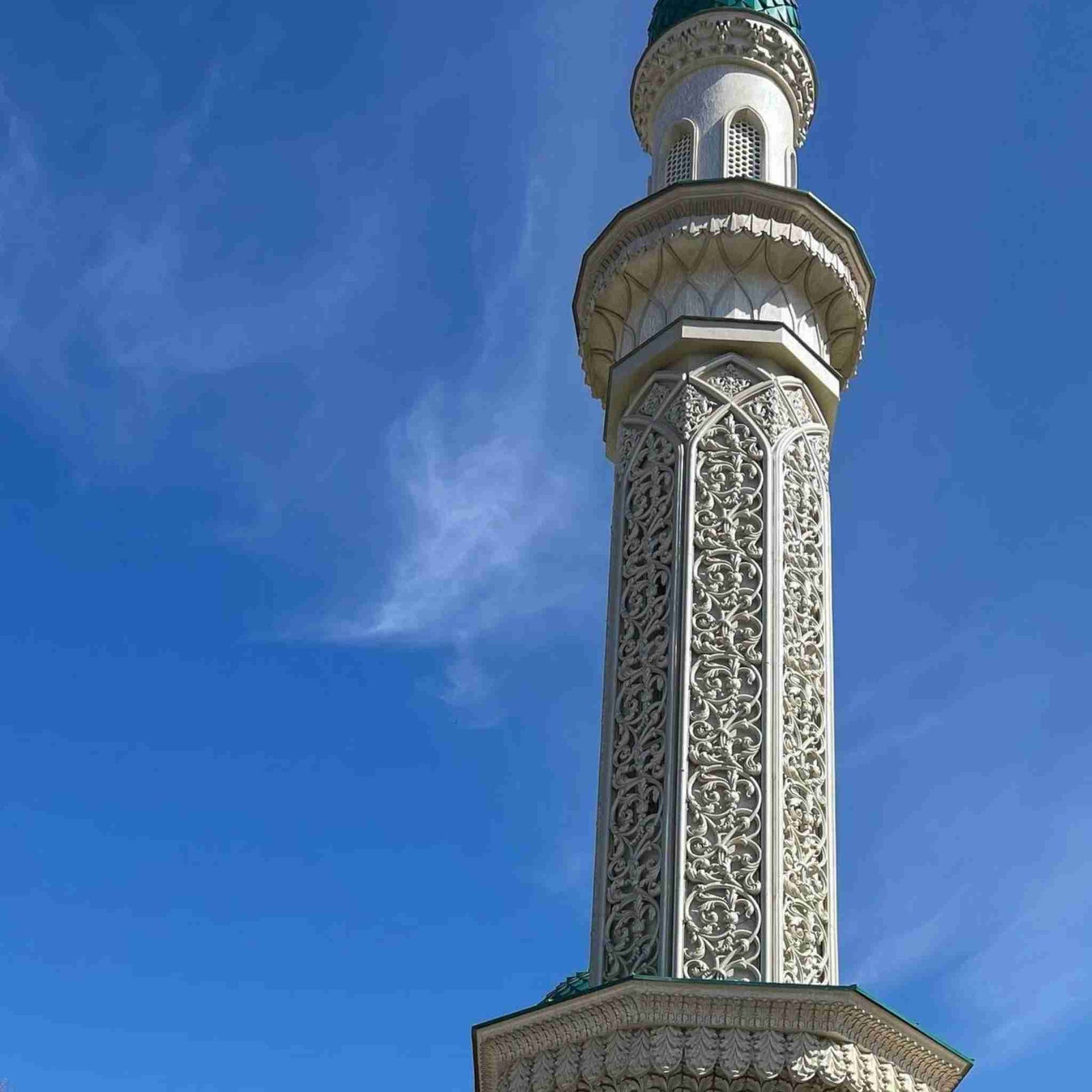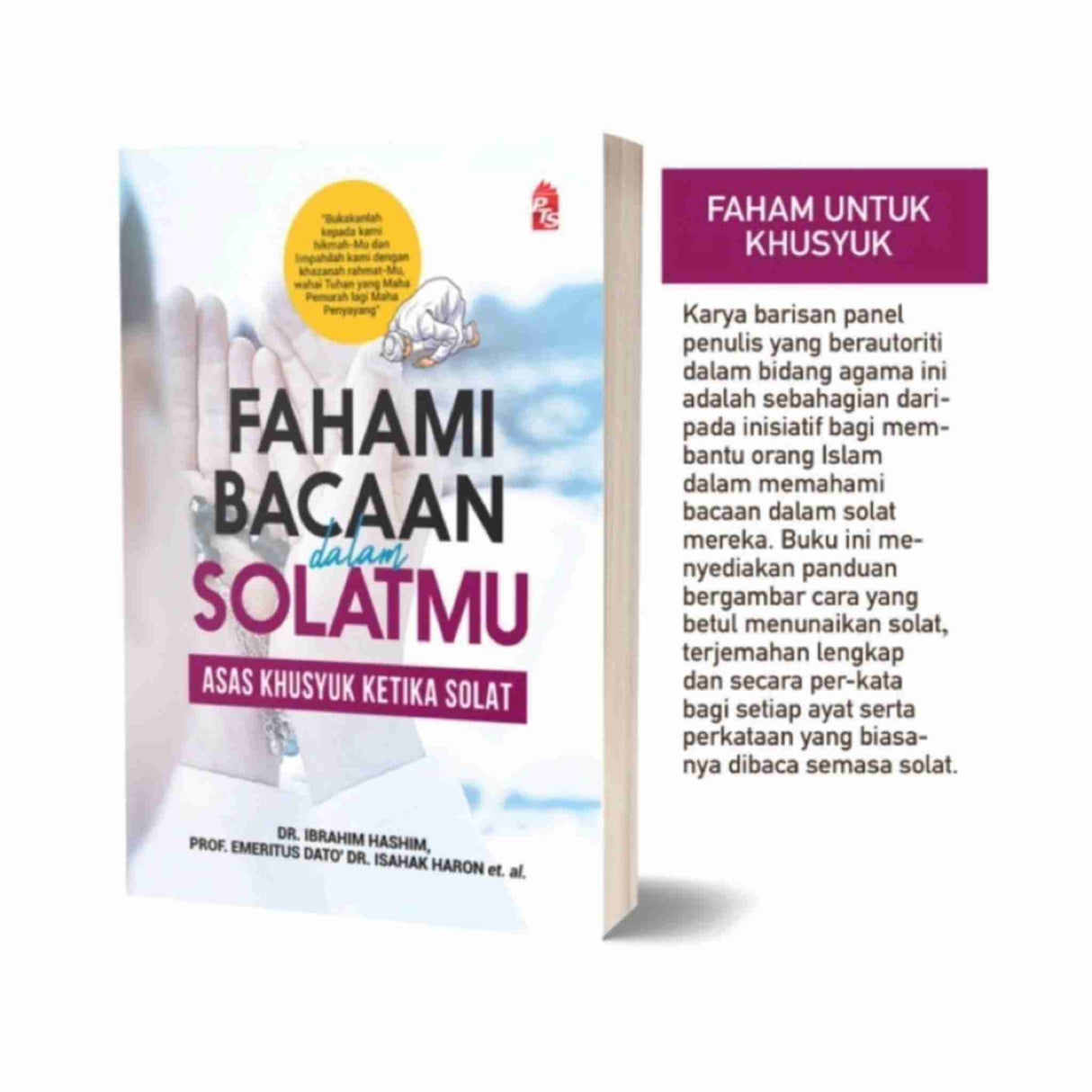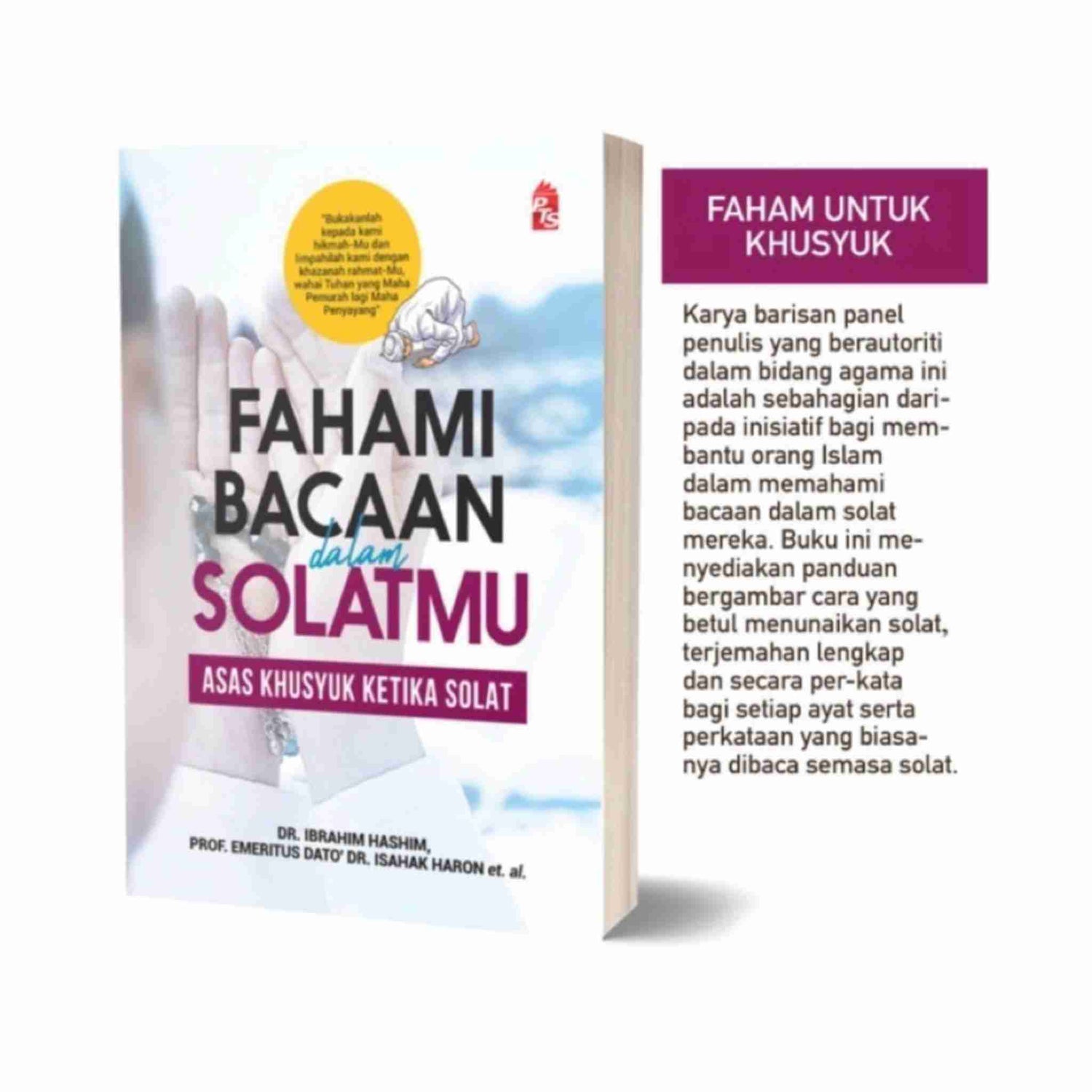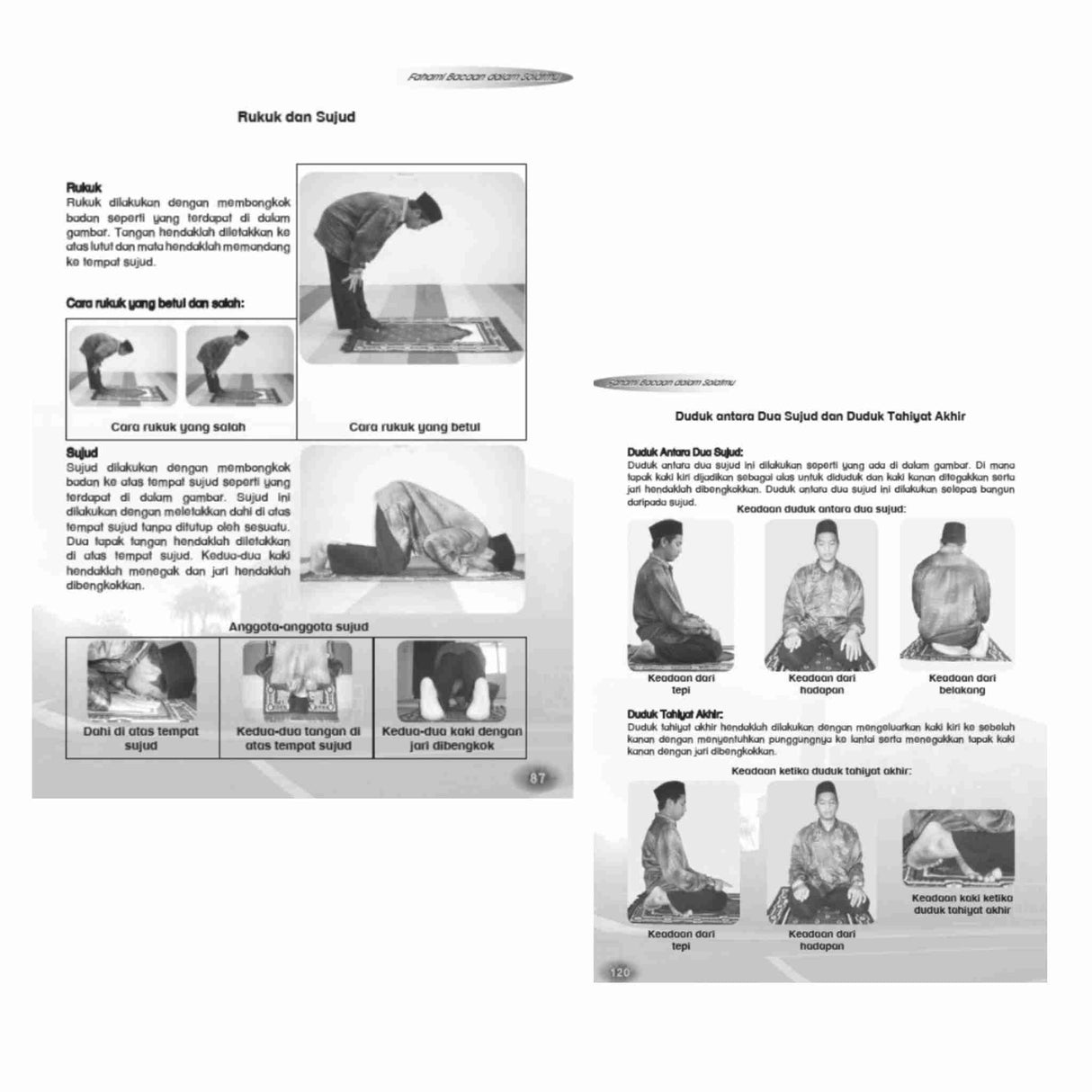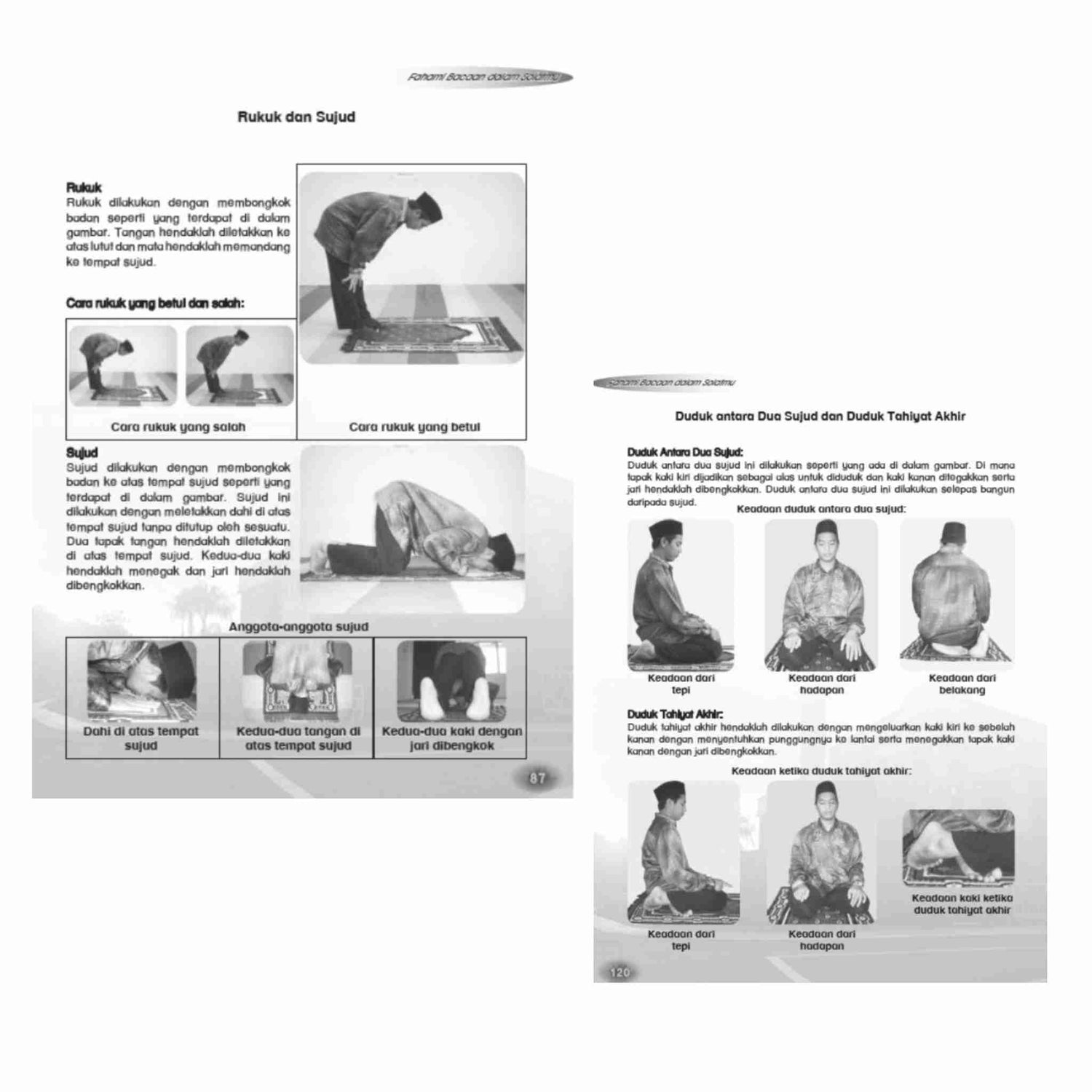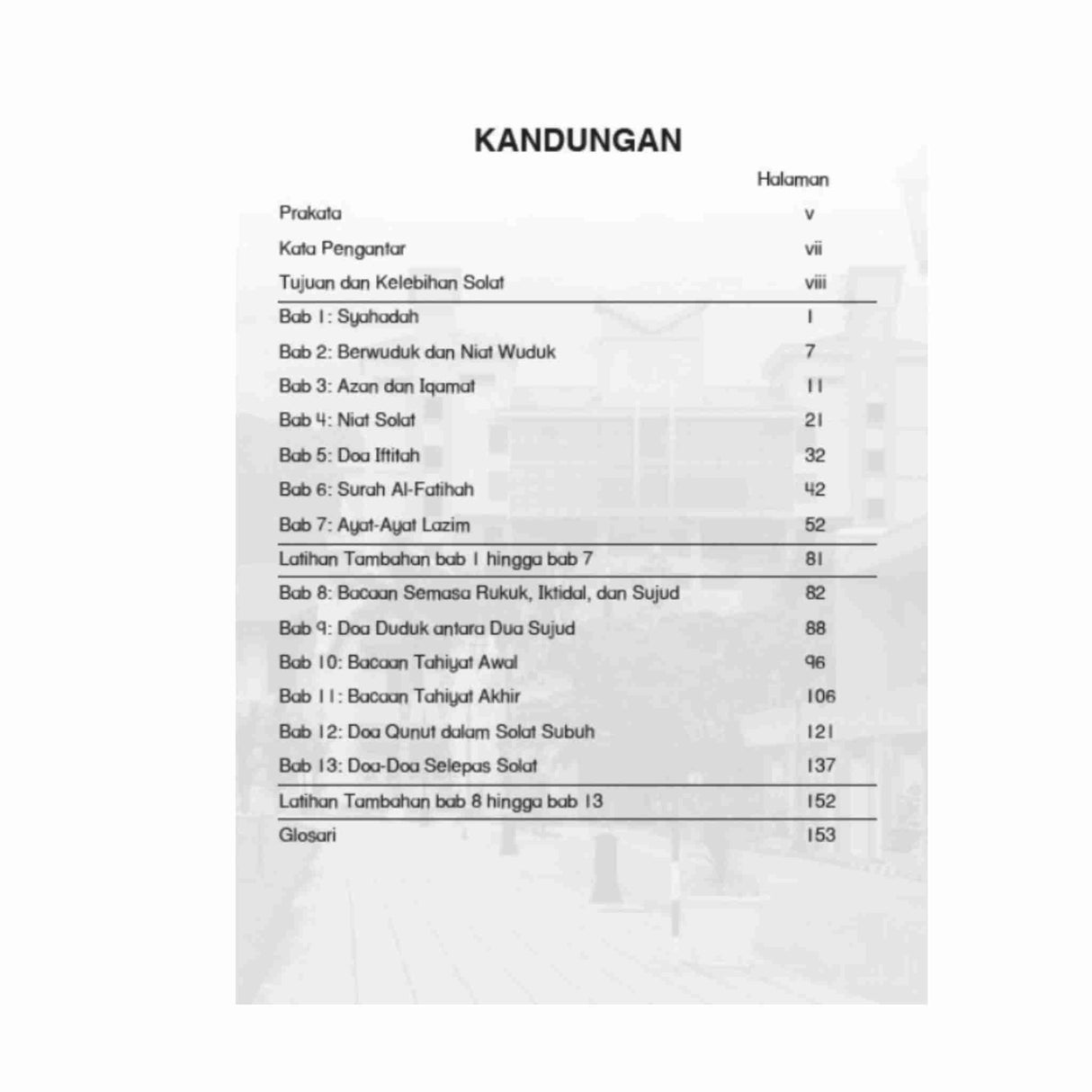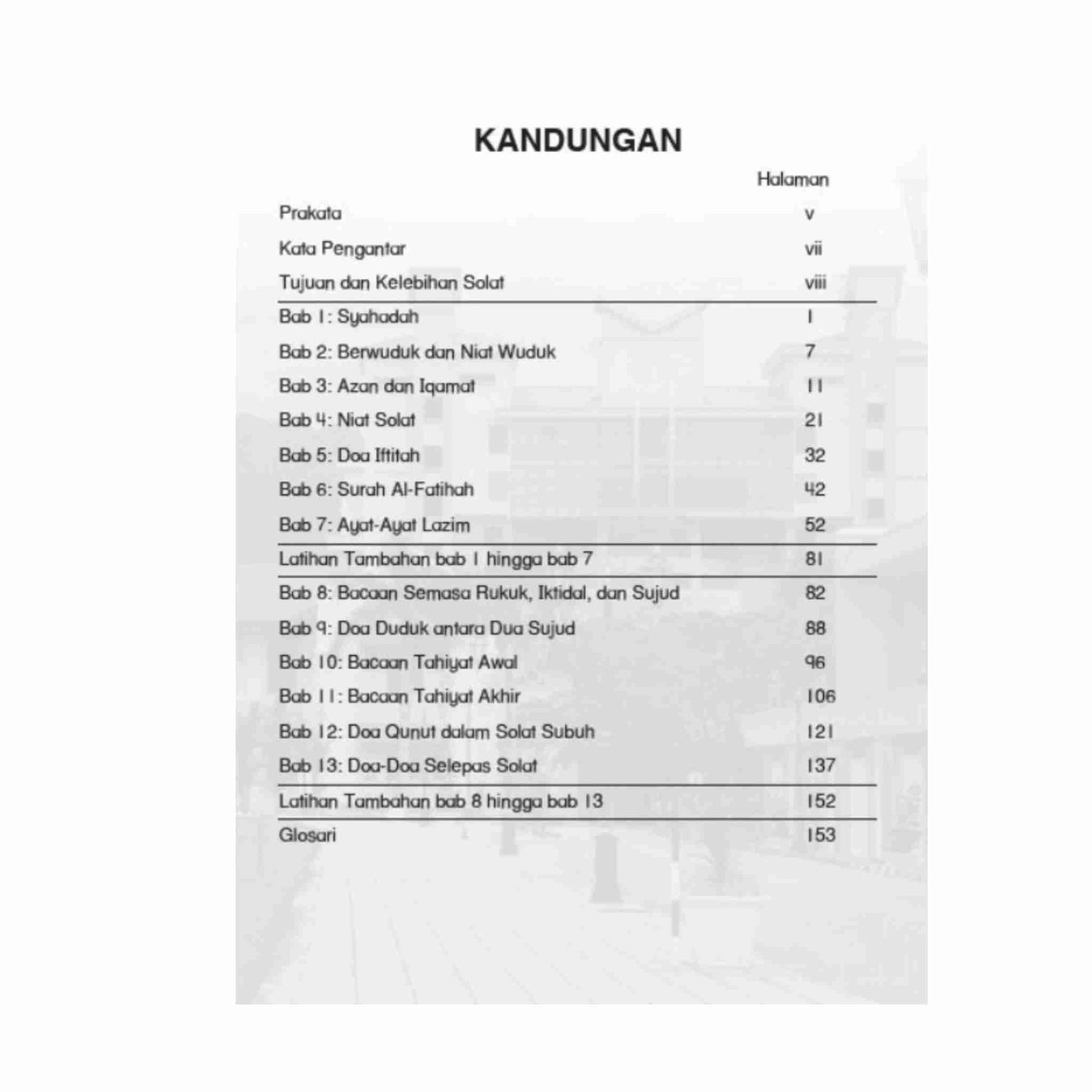Three of the Five Prayers
The Quran repeatedly stresses the importance of Salah (prayers) and righteous deeds as inseparable aspects of a believer's life. These practices cultivate a deep connection with Allah (SWT), foster personal growth, and contribute to a just and compassionate society.
Key Takeaways:
-
Regular Prayers (Salah): The Quran mandates observing prayers consistently throughout the day and night, highlighting their fundamental significance in Islam.
-
Charity & Righteous Deeds: Believers are urged to practice charity, generosity, kindness, and engage in other good deeds as essential aspects of a righteous life.
-
Rewards in the Hereafter: The Quran promises Paradise to those who uphold regular prayers, persevere in faith, and consistently engage in righteous actions.
The significance of observing the Prayers (Salah) and engaging in righteous deeds:
1. Observance of Prayers (Salah): The command is given to observe the Prayers at both ends of the day and during the night Surah Hud (11:114). This emphasizes the regularity and consistency of prayers throughout the day and night. The act of Salah serves as a means of seeking closeness to God, self-discipline, and a reminder of one's ultimate purpose.
Enhance your understanding of the prayers and deepen your connection during Salah with the insightful guide Fahami Bacaan Dalam Solatmu.
2. Steadfast Perseverance: Those who are truly devoted to God steadfastly persevere in their efforts to seek Him. They maintain patience and commitment in their journey toward spiritual growth and understanding.
3. Charitable Acts: The believers are encouraged to spend from the provisions given to them by God, both secretly and publicly Surah Ar Ra'd (13:22). This underscores the importance of charity, generosity, and kindness as essential components of a righteous life.
4. Countering Evil with Good: The believers are advised to counter evil with good. This signifies responding to negativity or harm with positive and virtuous actions. It reflects the principle of promoting goodness and kindness even in the face of adversity.
5. Deserving the Best Abode: Those who observe these righteous practices are promised the best abode, indicating a reward in the Hereafter for their sincere efforts and commitment to a righteous way of life.
The Rewards of Righteousness
Promise of Paradise: Emphasize how the Quran links consistent prayer, steadfastness, and good deeds with the reward of the best abode (Paradise).
Explore more profound insights and reflections on Versus from the Quran related to Salah by visiting our collection of dedicated articles.
Frequently Asked Questions:
Q: How often should Muslims perform Salah?
A: Muslims are obligated to perform five daily prayers at prescribed times throughout the day and night.
Q: What are some examples of righteous deeds mentioned in the Quran?
A: The Quran emphasizes charity, kindness, honesty, forgiveness, and upholding justice as righteous deeds.
Q: Why is patience important in Islam?
A: Patience helps believers remain steadfast in faith, overcome challenges, and trust in Allah's plan.
Q: How does countering evil with good benefit society?
A: Responding to negativity with positivity can break cycles of conflict, promote understanding, and foster peace.
Q: Does the Quran offer specific rewards for those who engage in righteous deeds?
A: Yes, the Quran repeatedly promises Paradise as the ultimate reward for those who consistently uphold prayers, righteous deeds, and faith in Allah.

